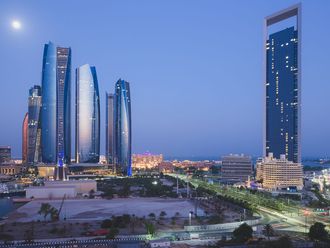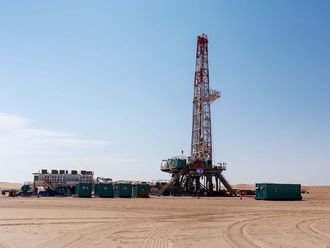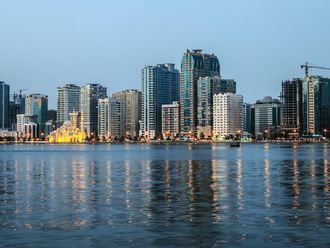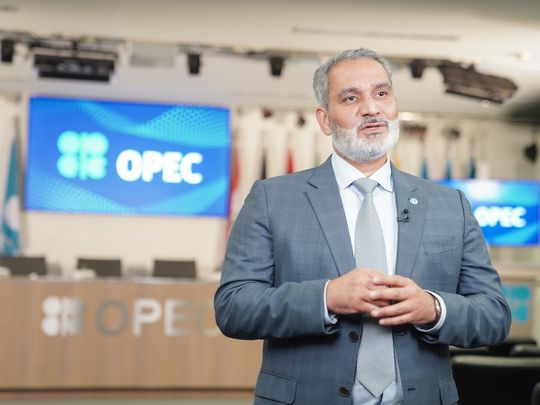
Dubai: Haitham Al Ghais, Secretary-General of OPEC, emphasized the significance of fostering dialogue in the global energy sector. He called for the participation of developed and developing nations, as well as all stakeholders, to develop a shared vision addressing energy sustainability challenges.
“The objective is to develop a shared vision that addresses the triple challenges of energy sustainability while considering all energy sources and technologies, respecting the interests of all nations, listening to all opinions, and relying on multiple pathways to reduce global carbon emissions,” he said.
In a statement to the Emirates News Agency (WAM) ahead of the upcoming 8th OPEC International Seminar in Vienna, Al Ghais said that the challenges of energy sustainability include goals related to energy security, cost affordability and the imperative to reduce emissions.
He highlighted OPEC’s belief in directing investments towards emission reduction technologies and integrating renewable energy sources in oil and gas operations.
Al Ghais noted that the average global production of oil and natural gas reached 100 million barrels per day and 4,000 billion cubic metres of natural gas in 2022, while OPEC’s projections indicate that by 2045, the global economy will double. The population will increase, so the demand for all energy sources, including oil and natural gas, will rise by approximately 23 per cent.
UAE and COP28
Al Ghais also praised the UAE’s support for OPEC’s efforts and expressed optimism about the upcoming COP28 conference, expecting it to promote practical and ambitious solutions for climate change.
Regarding the hopes and aspirations for the upcoming COP28 hosted by the UAE at the end of 2023, Al Ghais said that the conference would be a key opportunity to unify the world towards practical and ambitious solutions to address the phenomenon of climate change. Therefore, “it is expected to be a practical conference focused on action, implementation and inclusiveness, based on scientifically supported innovative solutions and principles that promote equality and inclusivity,” he said.
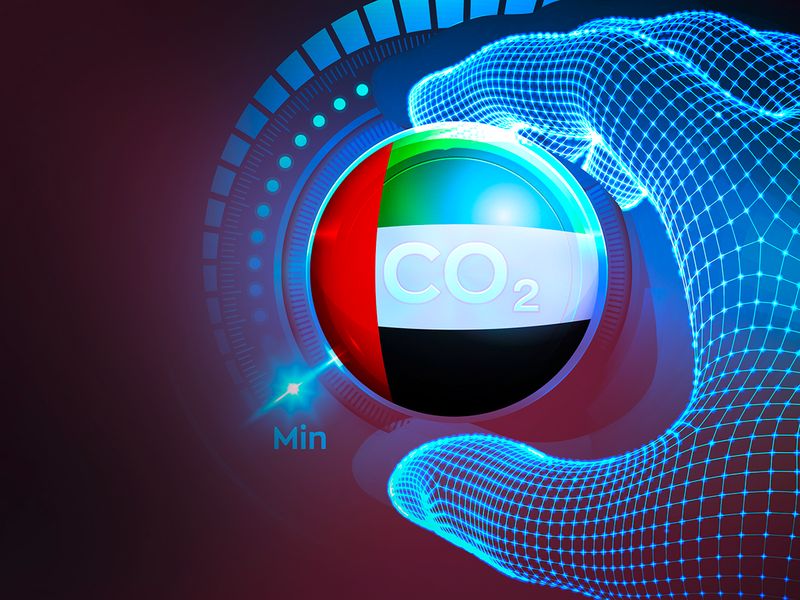
It should also focus on climate financing, knowledge sharing and technology transfer to encourage innovation and develop technological solutions that inspire ambition and remove barriers to collective climate action, he further added.
He reaffirmed OPEC’s commitment to environmental and climate change issues, stressing the industry’s role in addressing climate change through energy efficiencies and technological innovation.
Regarding the global energy sector’s efforts to combat climate change, Al Ghais said that many oil-producing countries are adopting renewable and environmentally-friendly energy sources and reducing carbon emissions.
He also affirmed the importance of fulfilling related global financial commitments, such as the pledge of advanced countries to provide $100 billion annually to assist developing countries in climate action under the UNFCCC, which will help advance the global transition towards more sustainable energy systems.


